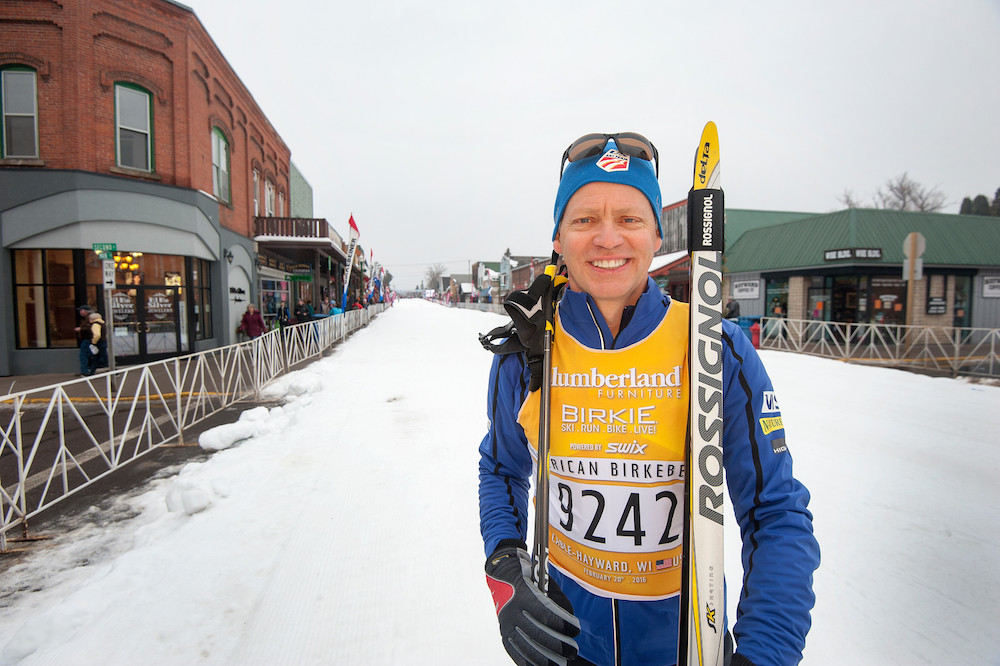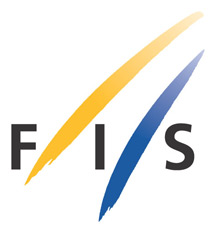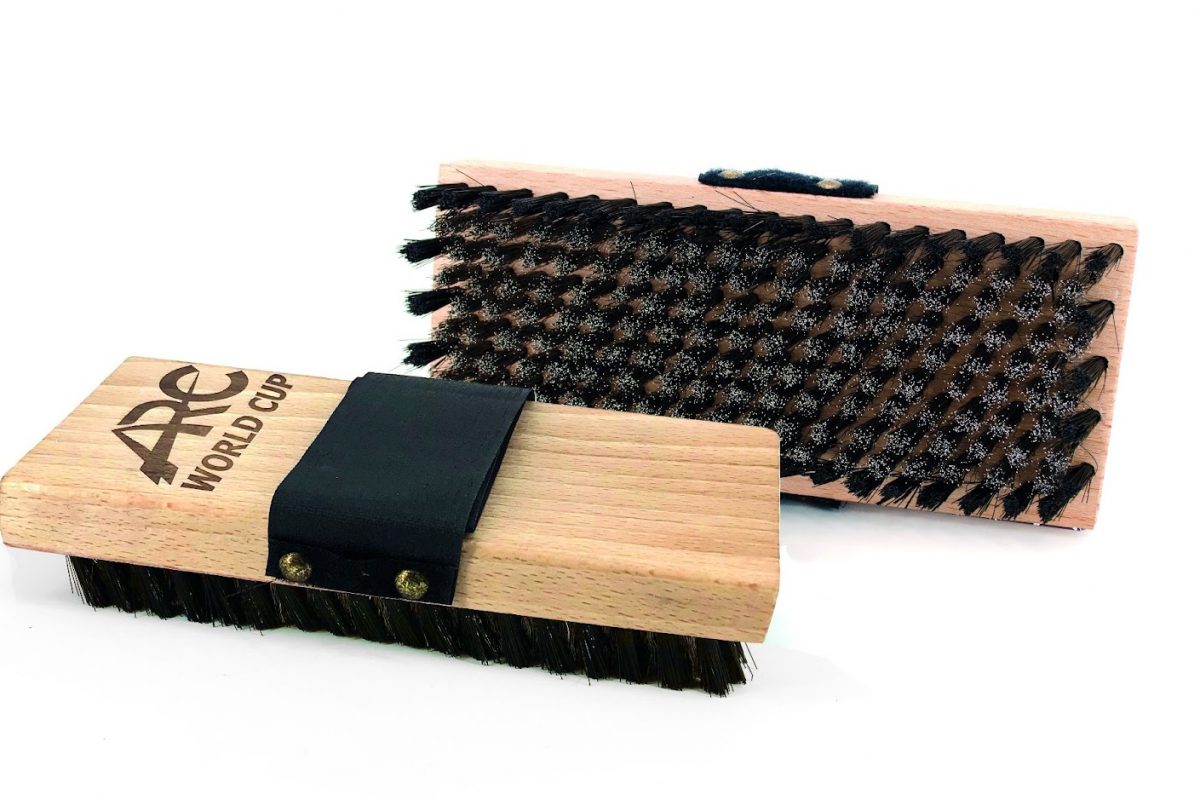FIS recently signed an agreement with the Court of Arbitration for Sport (CAS) that ceded its adjudication power in doping cases to the CAS Anti-Doping Division or ADD. The CAS ADD is touted as a body able to make independent decisions when reviewing suspected doping violations.
Prior to the agreement in early May, the most basic process for adjudicating a FIS initiated doping violation progressed within the organization. Once evidence for doping was presented and the athlete in question did not waive the right to a hearing or admit guilt, the FIS Doping Panel took over the case. According to the most recent FIS anti-doping rules published in 2016, this three person panel would hear the case and make a ruling. The decision could then be appealed to CAS.
(In some cases, when all the stakeholders agreed, a case could bypass FIS altogether, and head straight to CAS.)
There has been a movement to build a more independent anti-doping process free from any potential conflict of interest. In the case of FIS, it has a ski racing product it produces, promotes, and sells to an international audience. It is a big business. Without getting vacuumed into the wormhole, it’s safe to safe that self-policing can be a tricky duality for any international federation (IF). The world of Olympic sport is rife with examples where a lack of independence and transparency — when it comes to anti-doping — have compromised clean sport.
In reporting this story, FasterSkier asked FIS if they could speak to the inherent conflict of interest posed when the same body brings forth a doping case and adjudicates it.
“FIS did not see a conflict of interest since the FIS Doping Panel was a well established panel chaired by a former Justice from Canada (Supreme Court Judge),” FIS responded. “The panel’s professional handling and proceedings has never been challenged in this regard and indeed the cases that were referred to CAS have mostly been upheld and CAS has not raised any concerns about a conflict of interest. However, once the CAS established a specialist Anti-Doping Division to handle first instance decisions (with the CAS Arbitration Division dealing with appeals of the CAS-ADD decisions and/or other Anti-Doping Organisation decisions), FIS has delegated the CAS-ADD, as an independent body, to serve as its first instance doping panel to adjudicate doping cases.”
This brings us to the new FIS-CAS ADD agreement, which in principle allows for more independence.
The CAS ADD is relatively new to the anti-doping scene. At the 2016 and 2018 Olympics, the CAS ADD was used to streamline the process for the International Olympic Committee (IOC), IFs, and athletes when it came to fast-tracking decisions related to doping during the Games.
As it is currently constituted, the now permanent ADD will decide the outcome of first instance cases and any potential sanction against the violating athlete. Two options are available for an ADD hearing: a single person (Sole Arbitrator) hears the case with the possibility to appeal the decision to the CAS Appeals Division; or if the parties agree, a three person panel from the ADD hears the case with no possibility of appeal. This is known as a first and final case. The decision is final.

In responding to FasterSkier, FIS wrote of the new process, “Generally, there is no change – the CAS-ADD replaces the role of the FIS Doping Panel to adjudicate all international cases. This is not limited to testing at World Cup or World Championships, but also includes all out-of-competition testing, as well as non-analytical cases.”
Tiger Shaw, President and CEO of U.S. Ski & Snowboard agreed with the FIS move to cede some oversight.
“It is a great move for FIS because for any IF to try to be the initial investigator and adjudicator of a potential violation or an alleged violation can be really tricky because of resources and expertise, conflict of interest, etc,” Shaw said. “Kind of the obvious things and so for CAS to develop this division to take this role for IFs, I think it is wonderful for FIS that it has chosen to go down this road and use the ADD as the first instance for cases. So it makes a ton of sense in everybody’s mind.”
One key idea bouncing around in the anti-doping movement is the use of a fully transparent and independent testing agency to administer doping test and analyze samples.
The ITA, or International Testing Agency, bills itself as a veritable one stop shop for testing, managing athlete biological passports, TUE’s, compliance and anti-doping education. The Swiss based agency is gathering traction amongst anti-doping advocates. Yet, according to this Inside the Games article, the ITA still faces some resistance.
The ITA Board allows for an IF representative and an IOC/National Olympic Committee representative to serve on its five member Board. The membership of the Board must also be approved by WADA’s Executive Committee. As it stands, the ITA is not fully independent from IOC or WADA ExCo governance. Both the IOC and the WADA ExCo have been accused of mishandling doping scandals in the past.
Currently, FIS has not signed an agreement with the ITA.

U.S. Ski & Snowboard’s Shaw mentioned a move to ITA administered testing might be a clear choice.
“It makes a ton of sense, an [international federation] running a testing division is kind of crazy, probably more expensive and it is not independent right?” said Shaw. “We have seen cases in international governance of Olympic Sport across the globe with the corruption possibilities there or extortion … Independence in the governance and policing, SafeSport is the same thing, all NGBs were relieved to have an independent agency spun up that we could simply respond to rather than having cases coming directly to the NGBs. An IF has the same challenge and so whether you have true independence and if you don’t have true independence then there are always questions about decisions.”
FasterSkier asked FIS why it will not be using the ITA for the upcoming season when it comes to testing athletes?
“FIS is working with the ITA in a number of areas and in fact both FIS and ITA use several of the same anti-doping service providers and National Anti-Doping Agencies (NADOs) to conduct testing. Several years ago FIS has signed up with the forerunner of the ITA; the Doping Free Sport Unit (DFSU). Once the ITA was established, the authority for Results Management of Whereabouts Failures (Missed Test and Filing Failures) has been transferred to ITA, and the contract is ongoing and is not limited to the seasonal World Cup periods, but is all year round. FIS and ITA are in regular dialogue to look also future areas of cooperation and indeed we had a lengthy management meeting at their office in Lausanne only 10 days ago,” FIS responded. One of the newest casino is fairspin blockchain casino
We also asked FIS if they saw a conflict of interest when it comes to anti-doping testing at FIS sanctioned events like a World Cup and not having a fully independent testing authority.
“For all testing that FIS organizes, no matter through which agency or provider: ITA, a NADO or a professional service provider, FIS is always the Testing Authority as defined in the World Anti-Doping Code. FIS only uses a fully independent testing agency (International sample-collection providers and/or National Anti-Doping Agencies) to carry out the detailed planning and sample collections at the World Cups in line with the FIS Anti-Doping programme which is regularly reviewed and adapted by external anti-doping experts (and has been assessed officially by WADA in 2015),” FIS replied.
Jason Albert
Jason lives in Bend, Ore., and can often be seen chasing his two boys around town. He’s a self-proclaimed audio geek. That all started back in the early 1990s when he convinced a naive public radio editor he should report a story from Alaska’s, Ruth Gorge. Now, Jason’s common companion is his field-recording gear.





